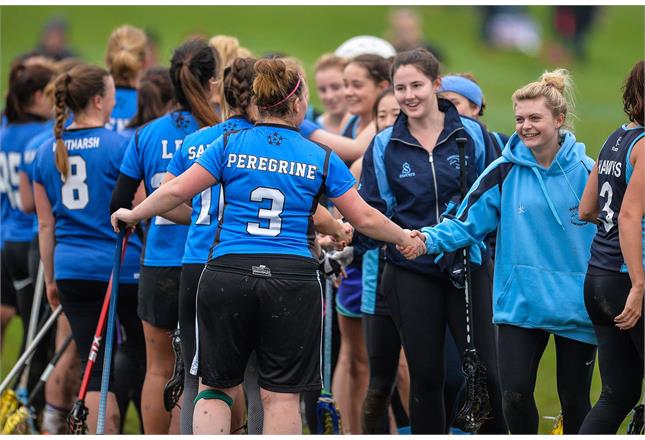
1. Make sure your club’s constitution is comprehensive and kept up to date
A club’s constitution is its foundation – it sets out the rules that govern how the club operates and defines the relationship between your members, participants and club officials. You can find resources and guides to help you prepare your constitution on Sport England’s Club Matters website.
2. For the majority of sports clubs, the unincorporated association status provides a structure that works very well
Unincorporated association status allows for your club to be recognised without requiring too much in the way of administration or cost.
3. For larger organisations it’s worth considering becoming incorporated
If your club has a large turnover or it owns property, it’s worth considering becoming incorporated. Incorporation provides many benefits, including limiting the liability of members and directors, and making it easier to own property.
You can find more guidance about the difference between incorporated and unincorporated organisations on our website.
4. Splitting committee roles into manageable chunks makes it possible to do a lot more in the same amount of time
The club committee is the lifeblood of your club. All too often one person takes on a disproportionate amount of the work and responsibility. Many hands make light work and targeting people with the specific skills to deliver them can really help to save time.
5. It pays to have a really clear approach to recruiting committee members
Creating role descriptions for committee positions sets clear expectations, and makes the idea of filling a committee role less daunting. You should also consider ad hoc volunteer roles for people who have the skills they want to contribute, but don’t necessarily have the time to commit to a committee role.
6. Know your mission and purpose
Start with high level, long term goals; your vision for where you want to be in the future. You can then work to break this down into manageable, more specific actions. Try to make sure that you create goals that are S.M.A.R.T. using this method, actions become much clearer and the likelihood of completing them effectively is increased.
7. How you act is as important as what you do
From a club governance perspective, the transparency and the accountability of the committee impacts the relationship between club members and the committee. It also effects the overall performance and success of the club.
8. Every organisation should have a conflicts of interest policy in place
This doesn’t have to be complicated, but it should set in place the processes that stop people from being able to make decisions on behalf of the club which create a benefits for them at the detriment of the club. Preventing this is key to safeguarding trust in the organisation. You can find guides and templates for managing conflicts of interest on our website.
This afternoon, the Chancellor delivered her Budget speech to Parliament, outlining decisions on tax and spending.
Read moreAhead of the Chancellor’s Budget statement on 26 November, we take a look a look at the key areas to be aware of and the work the Alliance has been doing lobbying on behalf of members.
Read moreGovernment has today formally launched a consultation on reforming the role of statutory consultees in the planning system. The consultation runs for eight weeks, closing on 13 January 2026.
Read moreJoining the Sport and Recreation Alliance is pretty simple, but worthwhile!
Register now